By Ge Lin, secretary-general of EU-China Friendship Association
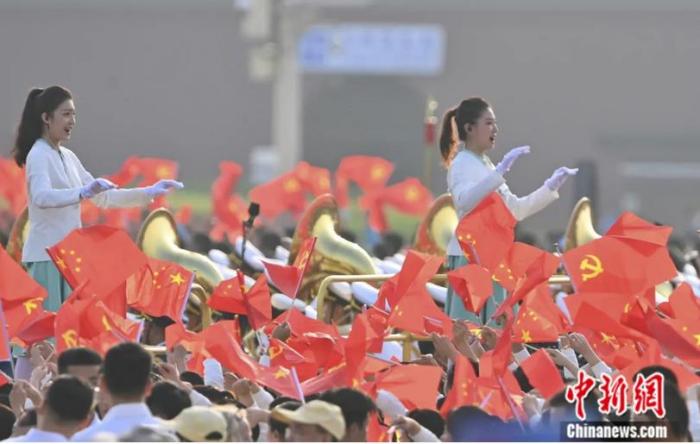
I have come to know many European political parties since I started to work in the European Parliament in 2005. Because of my job, I attended some routine caucuses of the Parliament, e.g. the caucus of Popular Party and caucus of European Conservatives and Reformists. I have also attended several annual meetings, regional meetings and precinct meetings of the British Conservative Party, and canvassed for it in the two European elections. Because the EU-China Friendship Group in the European Parliament is a cross-party organization, its members come from different countries and parties. As the secretary-general, my job is to support them for better work. They would often ask me about the Communist Party of China. Based on the differences between the eastern and western culture and political system, I become increasingly aware of a fact—we need to understand the Communist Party of China from the perspective of the fundamental nature of Chinese civilization.
Adapting Marxism to the Chinese context
Chinese civilization is extensive and profound. Its fundamental nature is being inclusive to external culture and philosophies. Chinese civilization absorbs the essence of other civilizations through incorporating things of diverse nature, and then integrates it perfectly into its own culture; meanwhile, it creates new theories suitable for the real conditions based on the principle of “breaking new ground and advancing with the times”, so it is well established and remains vigorous. Marxismbrims with renewed vigor and vitality after China integrated it into its own experiences and reinvented it. Over the past 100 years, the Communist Party of China always sticks to the principle of adapting the basic tenets of Marxism to China's specific realities and its fine traditional culture, and keeps adapting Marxism to the Chinese context and new times, thus producing the theory of “socialism with Chinese characteristics”.
Some European Congressman and colleagues have told me that they do not recognize Marxism because its governance in many European countries ended in failure. They also think it is only one of numerous theories and has a lot of drawbacks. A colleague comments that Marxism is overly idealized, and “its Achilles heel lies in the fact that it neglects human nature”. But despite all their doubts about it, all of them are unable to deny the fact that the Communist Party of China insisting on basic principles of Marxism has turned a semi-colonial and semi-feudal country into the independent new China. Socialism with Chinese characteristics has not only lifted new China from the state of "poverty and backwardness", but also made it a powerful country ranking No.2 in the world in terms of gross domestic product.
Practice is the sole criterion for testing truth. But why does Marxism not work in the west? In my opinion, due to the absoluteness and exclusiveness contained in the western culture and history, the Marxist theory cannot be integrated, innovated and utilized properly there. In China’s cultural context, the Marxist theory is like flowing water, full of vigor, but stagnant water in the west.











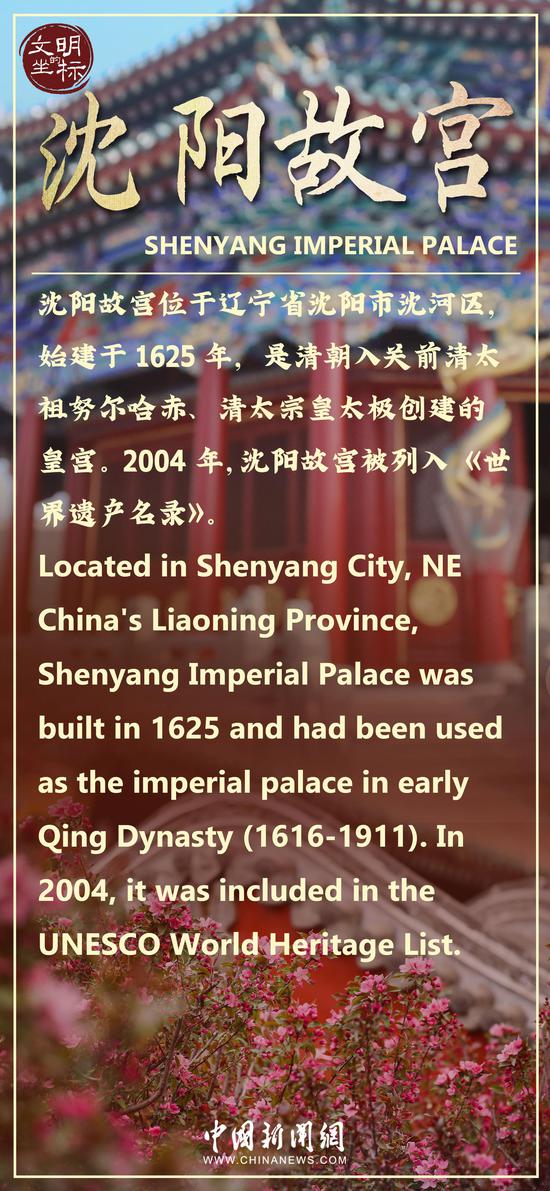

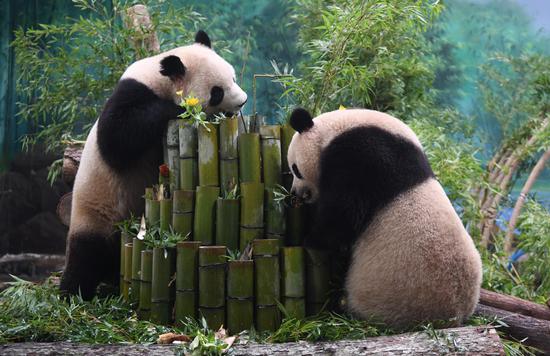


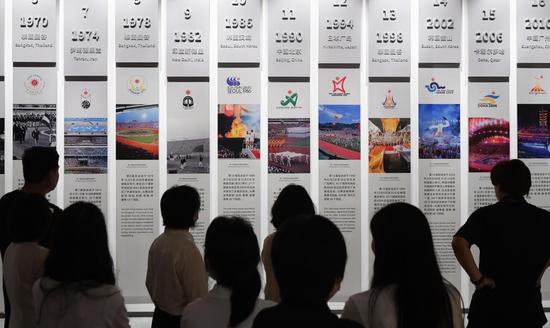









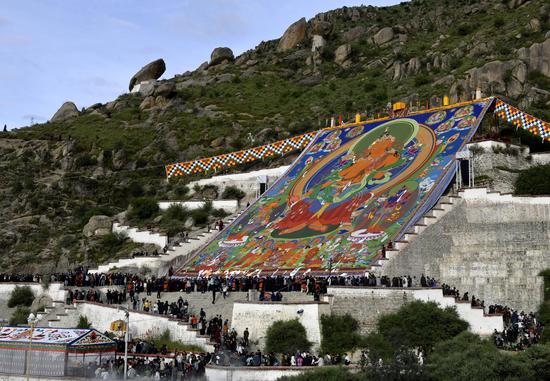


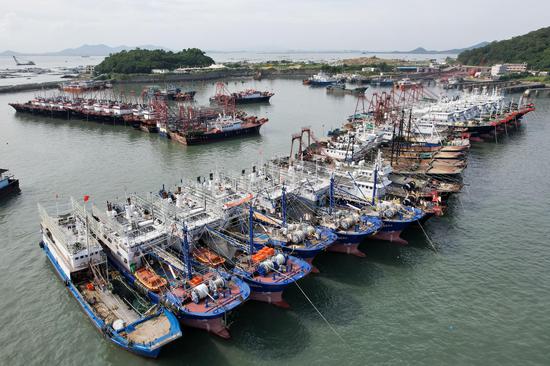



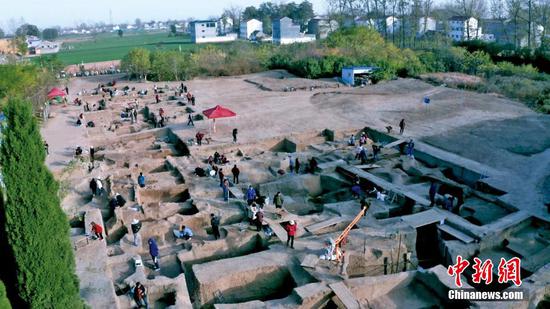




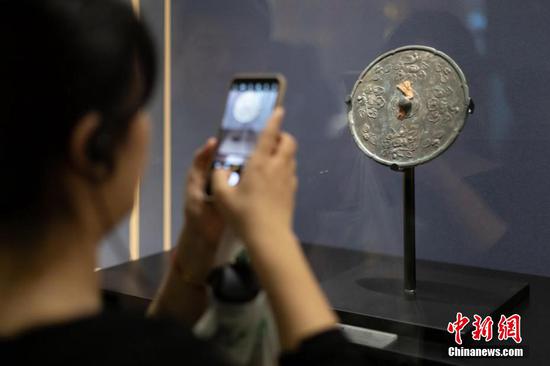




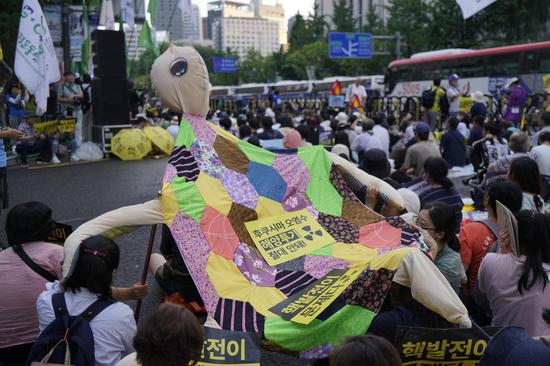
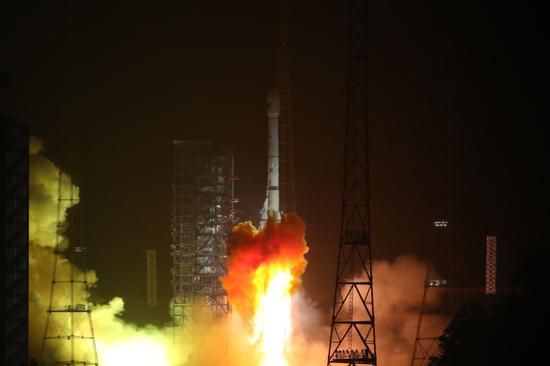





 京公網安備 11010202009201號
京公網安備 11010202009201號